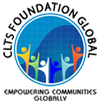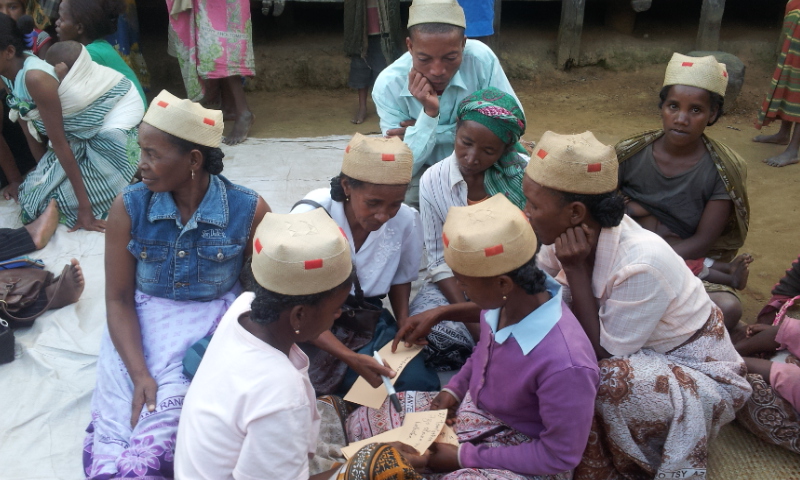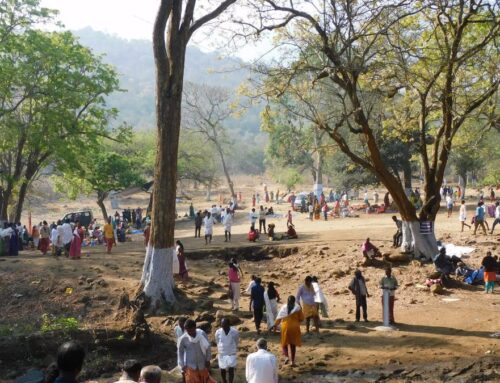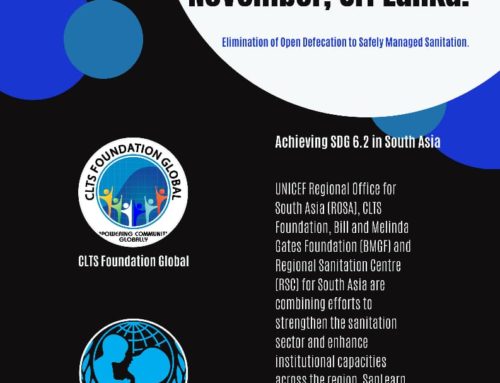Dr. Kamal Kar and a team from the CLTS Foundation Global are nearing completion of an intensive mission in Madagascar. Three members of the team, Sisir Pradhan, Kirsty Milward and Kath Pasteur, have been documenting the key innovations and best practices under the Global Sanitation Fund (GSF) programme here, called FAA (Fond d’Appui pour l’Assanissement). This programme has been particularly successful, achieving 4,679 ODF villages since its start in 2010. In fact, the programme is no longer counting ODF villages, but is achieving ODF Fokontanys and ODF Communes, and they are aiming for their first ODF district soon.
The study aims to understand what are the factors contributing to this success in Madagascar. One key area of innovation has been in developing a variety of different scaling up strategies. The implementing NGOs work with different local actors at different levels in their regions, including natural leaders, community consultants, tribal leaders, Fokontany chiefs, Commune Mayors and many others, empowering them to take on roles such as triggering, follow up, verification, etc. Other innovations in latrine technologies, moving up the sanitation ladder and sani-marketing have also been documented. Another important factor of success is the fact that the FAA programme has continually learned and changed during its first three years of implementation. It does not follow a blueprint but has adapted its strategy based on different challenges and opportunities that have arisen.
Alongside this work, Kamal Kar is providing tailored inputs to the programme, facilitating capacity building, problem analysis and institutional triggering. He is currently on his way to Diana Region in the north of Madagascar to facilitate a workshop with a range of government and non-governmental institutions in two districts to help the scaling up process to move faster.





Leave A Comment